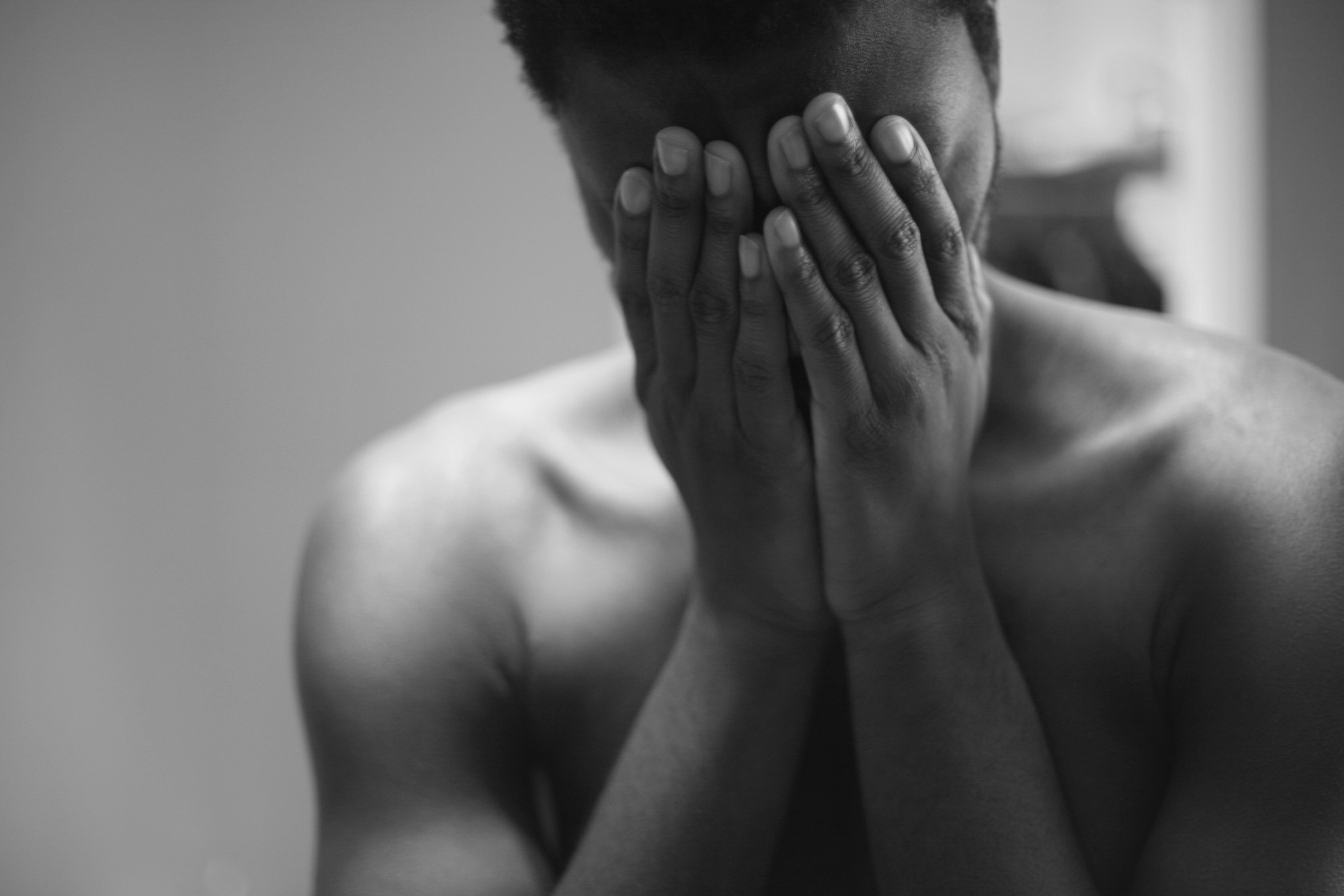Victorians took a collective gasp, and sighed, as the turmoil a Preston man known as John suffered at the hands of police was brought to light by an Age investigation early in April 2018.
Following a call from John’s psychologist to triple zero concerning John’s mental health, members of Victoria Police responded to John’s home address. A timeline of events that followed, as captured by CCTV at John’s home, began at John’s door. What follows could best be described as heavy-handed, degrading action on behalf of police, bordering on torturous. John is beaten, pepper sprayed, mocked, humiliated and dehumanised. Perhaps most saddening of all is that John’s story, as heinous at is, cannot be called an isolated incident. Indeed, all over the world, parallels exist in countries where mental health services are as underfunded and stretched thin (if not more so) than that of the state of Victoria, relying as Victoria does on law enforcement to step in and respond to mentally ill persons in crisis.
And they wonder why people don’t call the police about friends and relatives that are mentally unwell
— La La (@qwertyLGBT) April 2, 2018
One such parallel is that of the recent fatal shooting of American man Saheed Vassell by law enforcement in Brooklyn, New York. Vassell, who reportedly suffered from Bipolar Disorder and was known to police, was approached by officers responding to a call of a man with a gun. Vassell, wielding a part of a welding torch appearing similar to a gun, was ultimately shot nine times, and killed. Despite the links between Saheed Vassell’s shooting and the continuing Black Lives Matter movement in the United States, response to Vassell’s shooting has focused, at least in equal parts, on the lack of adequate mental health services and the failing of the same to properly provide assistance to Saheed Vassell and many others like him. Similarly, attention has been placed on the lack of proportionate mental health training provided to, and required by, members of law enforcement.
Now, in Victoria, one can hope that an opportunity emerges from John’s horrific tale of police abuse to do the same. As much as the response to John’s abuse at the hands of the six police officers in question must hold these officers accountable for the sake of Victorian citizens, so too must this incident serve to benefit those members of Victoria Police not guilty of such barbaric behaviour. For some years, it has been reported that police in Victoria will be called to detain a mentally ill person every two hours, and between 2010 and 2011 alone, a reported 47 percent of Critical Incident Response Team callouts were identified as being related to mental illness. As rates of mental illness, and population numbers, continue to increase, the number of mental health related police callouts is, too, going to continue to rise.
A cop emailed me this morn re police arrest of mentally ill man. He said he hates bullies, thanked @theage for story. I reckon he speaks for most police. Time to reform police complaint system: Beaten, abused, humiliated and filmed by Victoria Police https://t.co/dlKZOohwds
— Nick McKenzie (@Ageinvestigates) April 2, 2018
Despite this, on the possibility of this latest police brutality controversy leading to positive change, or any type of significant developments, many remain cynical that anything will be done in response.
“I could be wrong, and I hope I’m wrong, but I kind of see this as a short term controversy that then moves on,” The Project’s Waleed Aly said in conversation with Melbourne’s Macleay College, responding to the recent police brutality cases emerging in the media, including that of John.
Victoria Police are not alone, however, in dealing with a mental health crisis, as the issue continues to present across the nation as a whole. Statistics have shown that, in New South Wales, police have shot a total of 35 people over the last 20 years. Of those 35 people, 19 were reportedly diagnosed with some form of mental illness. Meanwhile, NSW police are reported to have only been required to receive one single day’s training on dealing with mentally ill individuals in crisis. These same police, lacking appropriate training in how to respond and offer help to the mentally ill, are increasingly being required to act on the frontline of mental health treatment. With the underfunding of mental health facilities and services stretched thin, a lack of mental health training among all first responders suggests disproportionately violent incidents like John’s brutal treatment at the hands of police will likely reoccur.
Police on the whole are not properly equipped or trained to deal with a person mental health crisis. There should be specific training & implementation of MH crisis “teams” including police officers- this has been put in place successfully in other countries.
— Kate (@madnessofkate) April 2, 2018
While Victoria’s government did pledge as much as $406.7 million to meeting mental health needs in Victoria’s State Budget for 2017/18, little has been said of how members of Victoria Police will be better trained in how to deal with mental health issues, and how soon Victoria’s mental health system will adapt to respond to the growing problem in this area. In future, the next incident like that suffered by John may not be captured on camera, and the public may remain unaware, and left in the dark. As such, the opportunity to act on, and respond to, Victoria Police’s mental health crisis is now.


